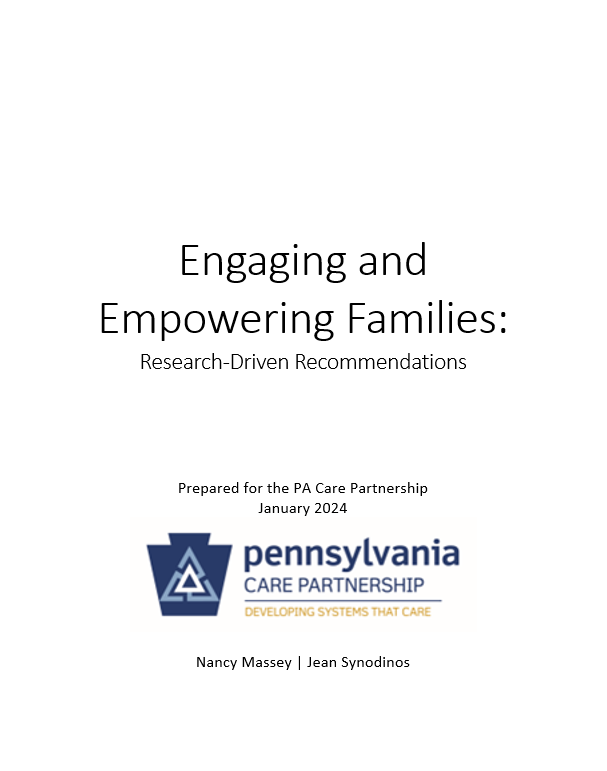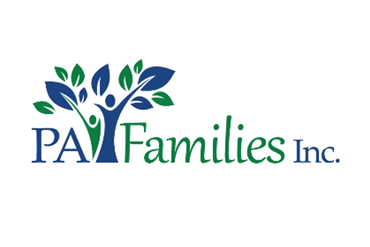Engaging and Empowering Families - Research-Driven Recommendations
Engaging and Empowering Families: Research-Driven Recommendations
The "Engaging and Empowering Families: Research-Driven Recommendations" report offers a deep dive into the complexities of engaging families within the System of Care (SOC) framework. It synthesizes insights from a broad spectrum of stakeholders, including families, SOC county leadership, family peer specialists, and evaluation teams. The report underscores the importance of listening to families' needs, values, and priorities to foster genuine engagement and support.
 Who This Report Is For:
Who This Report Is For:
This comprehensive analysis is invaluable for a wide range of stakeholders involved in family services. It is particularly pertinent for:
- County leaders and service providers seeking to enhance family engagement and service delivery.
- Policymakers aiming to understand the challenges and opportunities in family services.
- Family peer support specialists and families themselves, looking for validation of their experiences and insights into systemic improvements.
Key Findings:
The report highlights several critical areas:
- Trusted Relationships Are Essential: Building genuine, trusted relationships between families, staff, and providers is crucial for successful family engagement.
- Staffing Crisis Impacts Everyone: A nationwide shortage of mental health providers affects the availability and quality of care, highlighting the need for solutions to attract and retain providers.
- COVID-19's Ongoing Impact: The pandemic has had a lasting effect on service delivery and the well-being of families, necessitating adaptive strategies for the future.
- Uniqueness of Families and Counties (one size does not fit all):
- Acknowledging and addressing the diverse needs, circumstances, and cultures of families is essential for effective engagement and support.
- Understanding how “business is done” in each county is vital to finding the right solutions to challenges.
Recommendations:
To address these challenges, the report offers actionable recommendations:
- Learn from Past Experiences: This involves analyzing previous processes and programs to understand what worked and what didn’t—especially during COVID—in order to proactively plan or refine future strategies.
- Foster a Culture of Family Support & Inclusion: Encourage an organizational ethos that prioritizes family engagement and support, recognizing families as essential partners in care.
- Deepen Community Partnerships: Strengthen collaborations with community organizations and resources to provide a more integrated support system for families.
- Establish Solid Relationships with Providers: Build strong, trust-based relationships between the counties and providers to collectively solve problems, meet family needs, and improve care outcomes.
- Tailor Messages and Materials: Develop communication strategies and materials that honor the specific needs and circumstances of diverse families.
- Prioritize Data to Improve Outcomes: Collect and assess data to identify needs, track progress, and make informed decisions to enhance family engagement and service effectiveness.
- Embed the System of Care Philosophy: Integrate a holistic approach to mental health services that emphasizes the importance of a coordinated network of care centered around the family's needs.
PA CRISIS TEXT LINE
PA CRISIS TEXT LINE







